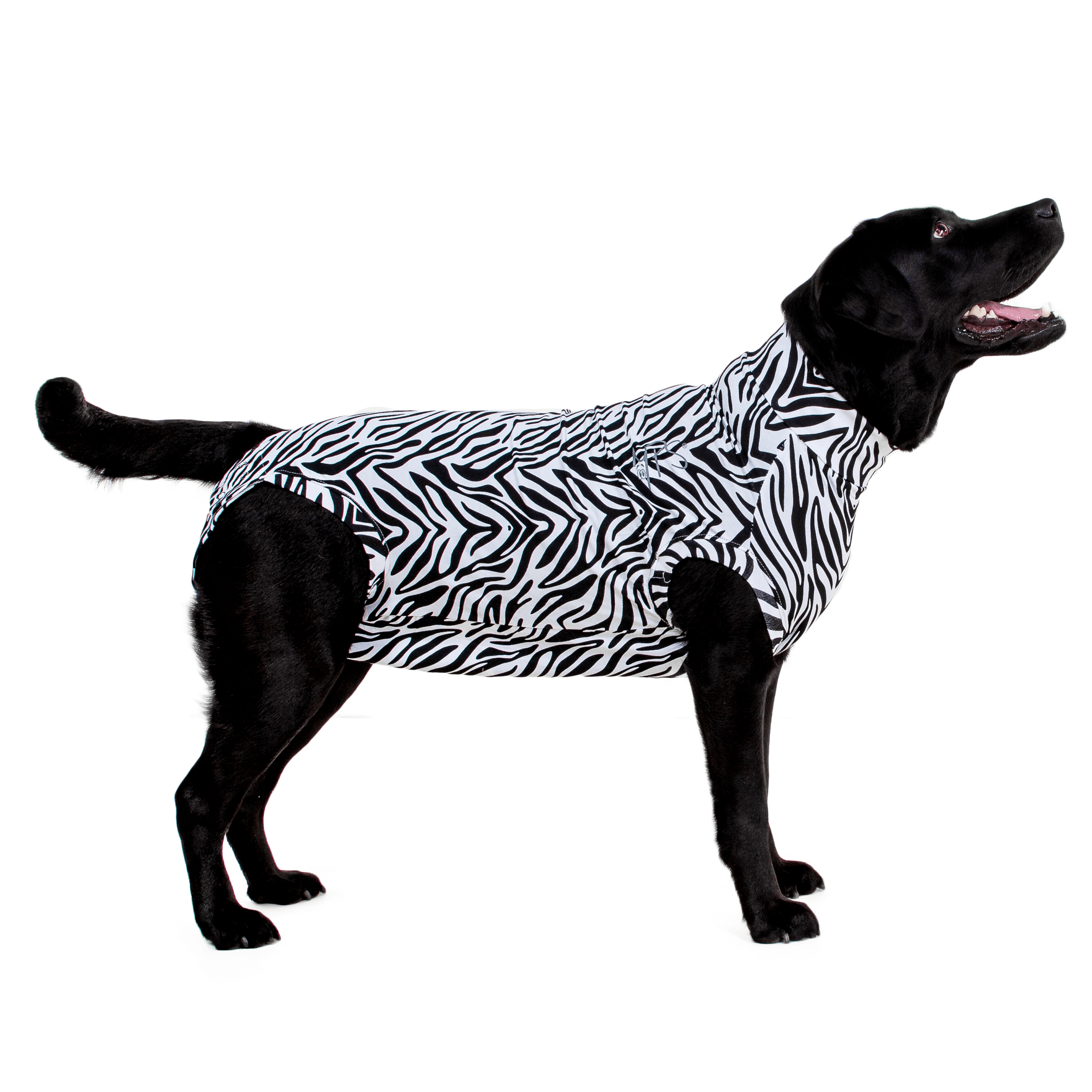
Vet Body Measurement
First the energy to perform essential body functions like digestion respiration heart functions brain functions etc. Rectal measurement has been the gold standard for the measurement of body temperature in veterinary practice possibly because of the good agreement that exists between this technique and core body temperature 311. Two recognized bcs scales are utilized one ranging from 1 5 and the other 1 9. Resting energy requirements or rer which can be calculated by multiplying the animals body weight in kilograms raised to the ¾ power by 70 for example a 10kg 22lb adult neutered dog of healthy weight needs rer 70 10kg 34 400 caloriesday. The bcs is a somewhat subjective rating used to standardize the level of an animals weight. Despite the variety of body types in dogs and cats there is an organized system of evaluating bcs.
This helps us formulate a diet and exercise plan that best suits your pets body activity level and lifestyle. Others like the 1 5 scale which has less categories. Find specific details on this topic and related topics from the merck vet manual. Even a modest reduction in weight can significantly reduce your pets risk of life threatening diseases. More correctly the ideal weight is between 70 80 lbs because the ideal body fat ranges from 15 24 or 76 85 lean body mass. Reaching and maintaining a healthy weight requires a commitment to a healthier lifestyle that achieves a balance between the calories consumed and the calories used by the body for normal functions and activity.
Some veterinarians prefer the 1 9 scale which has more latitude to identify subtle changes in weight. From the information above ideal animals should have about 20 body fat or 80 lean weight. Learn about the veterinary topic of weight to body surface area conversion for dogs. Instead veterinarians visually grade pets using a body condition score bcs. 60 lbs8 75 lbs. Bcs scales are typically range from 1 5 or 1 9.
The ideal weight for our dog is 75 lbs.
Random Post
- mayawati body measurements
- rachel mcadams body measurement
- body temperature measurement is
- body circumference measurements body fat
- trish stratus body measurements
- sakshi malik body measurement
- techniques for the measurement of body composition a practical guide
- gas body measurement
- rhea sharma body measurement
- body measurement inch to cm
- maya jama body measurement
- marine corps body fat measurement
- measurements and bra size
- dolon roy body measurement
- chubby body measurement
- body measurement equipment
- vet body measurement
- twice member body measurement
- body measurement database
- sana bucha body measurement
- rc body measurements
- accurate bra size measurement
- body measurement jml
- ameya mathew body measurements
- toni gonzaga body measurement
- determining bra size measurement
- average body measurements female cm
- body measurements garment
- samantha fox body measurement
- impedance measurement body fat
- body measurements near me
- easy body measurements
- meera body measurement
- whole body vibration measurement
- body measurement system
- body measurement catherine zeta jones
- body measurement computer vision
- irina shayk body measurement
- what is a healthy body mass index (bmi) measurement
- measurement of physical fitness and body conditioning
- shaquille o'neal body measurements
- annie leblanc body measurement
- triya das body measurements
- alexis ren body measurement
- kushal tandon body measurement
- bra size vs fruit
- son ye jin body measurement
- our generation doll body measurements
- body measurement rachel mcadams
- ear measurement body temperature

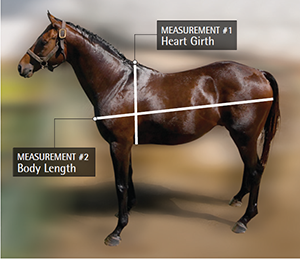



/ViewStock-GettyImages-500826517-56a26bab5f9b58b7d0ca0ade.jpg)

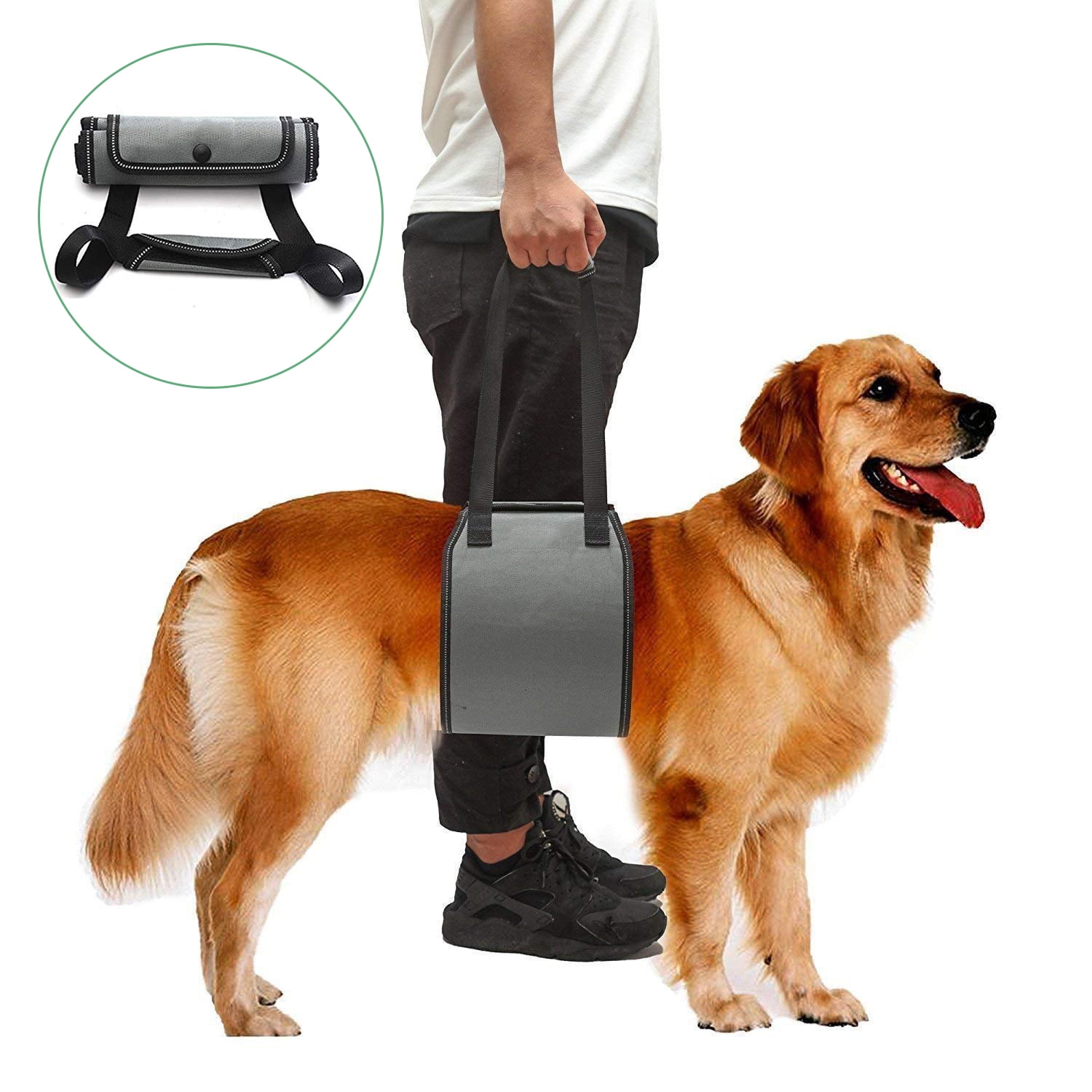
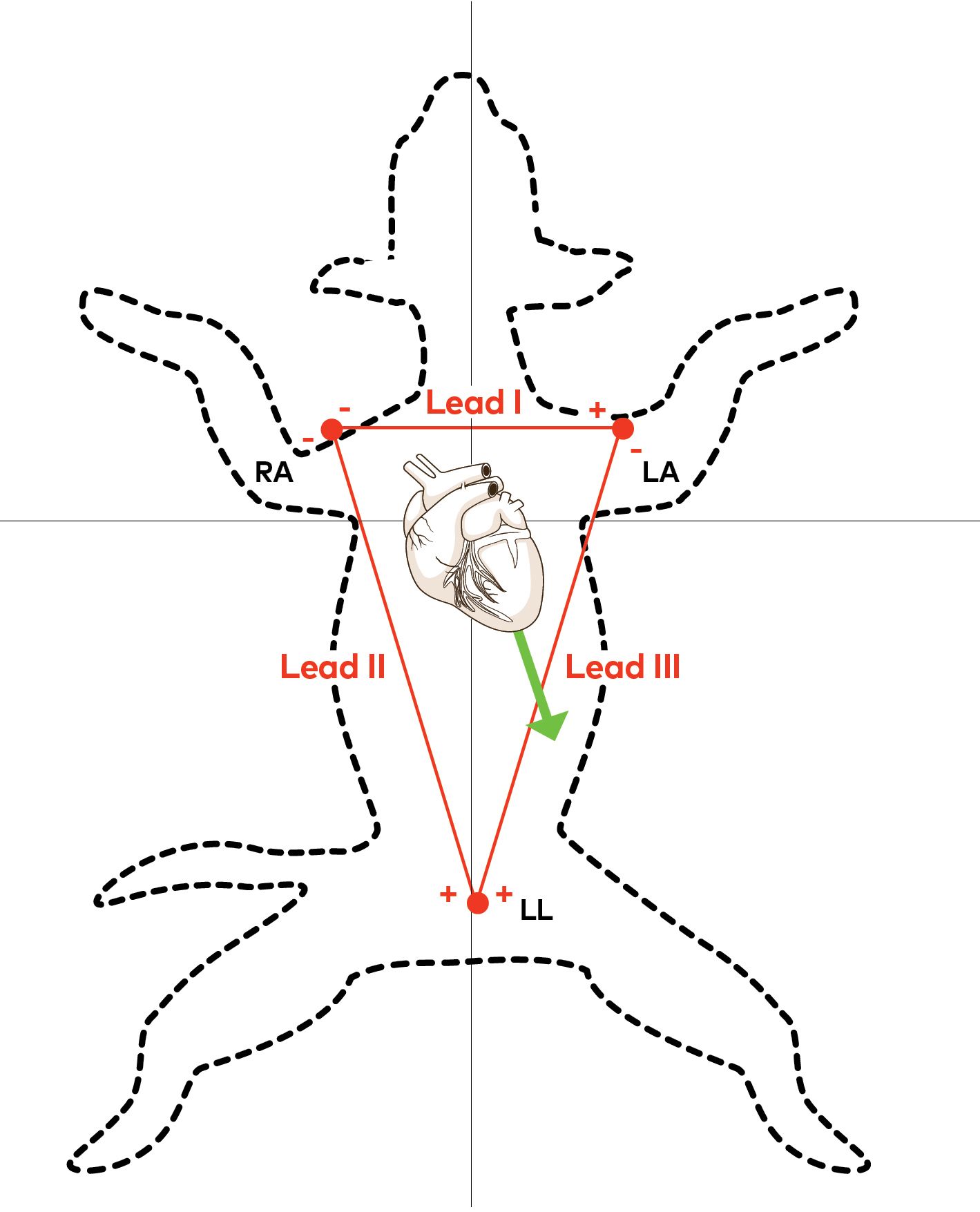







/GettyImages-80602579-580534355f9b5805c211d78f.jpg)


:max_bytes(150000):strip_icc()/veterinarian-doing-a-check-up-on-a-corgi-in-clinic-170083697-598bb8ad22fa3a0010d5f399.jpg)









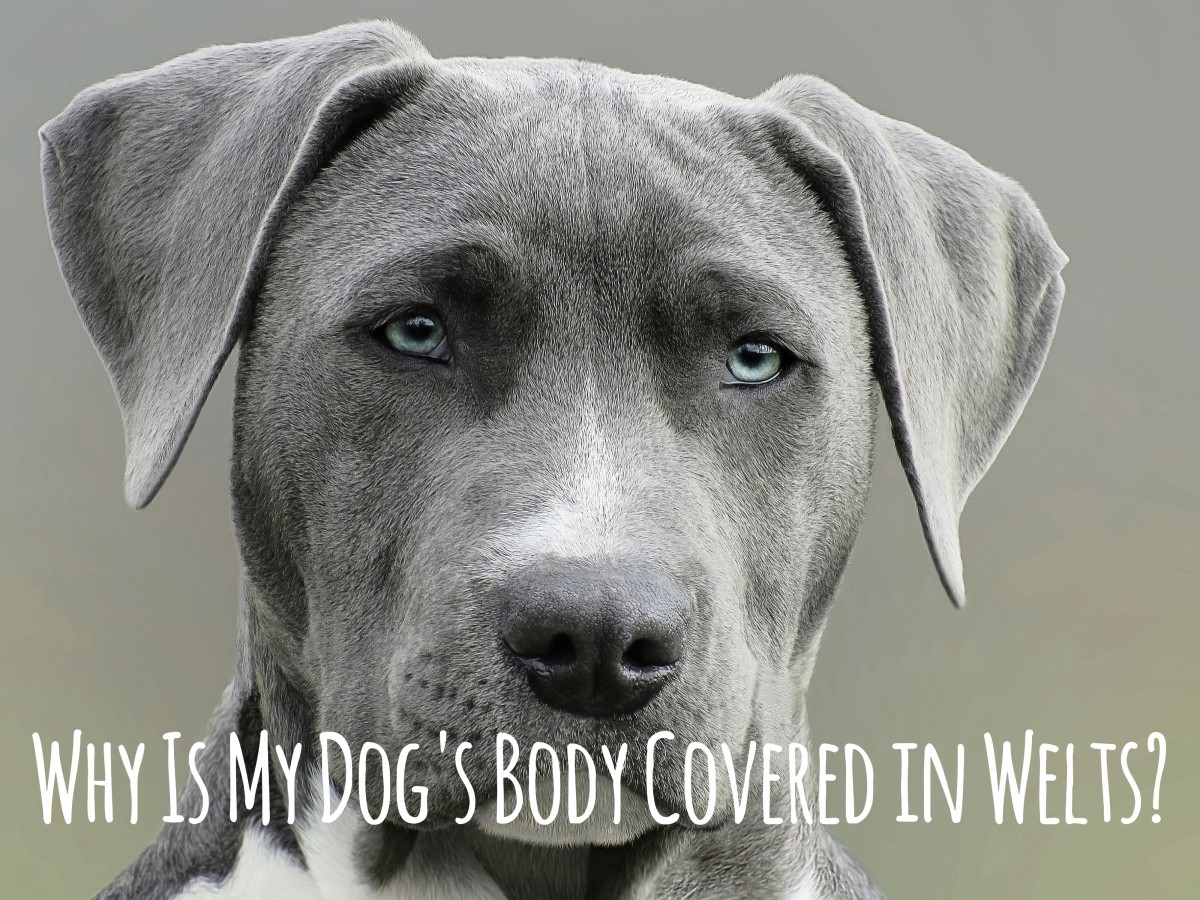


/veterinarian-examining-smiling-bulldog-puppy-91933192-597f85c7c4124400104e7d18.jpg)





